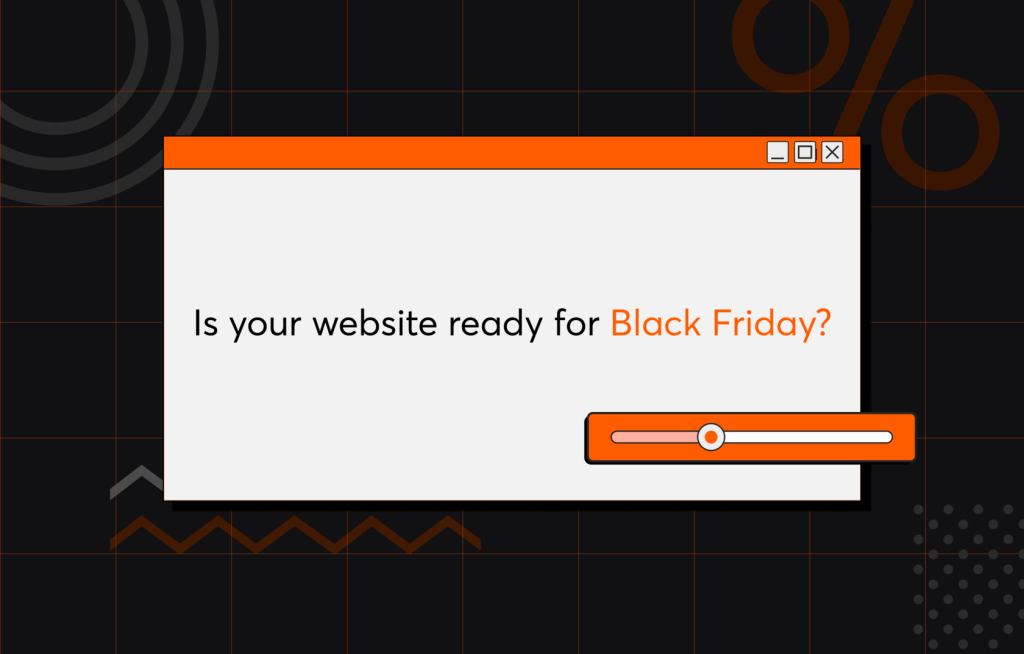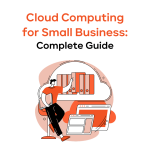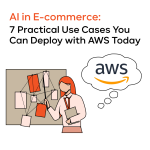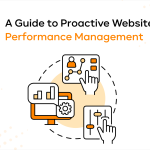The mega sale season has started. And no matter how hard and weird this year has been, you must prepare your online store for Black Friday and Cyber Monday. Last year, according to Adobe Analytics, US consumers paid online $7.4 billion on Black Friday and a total of $9.4 billion by the end of Cyber Monday. It was a record number and it’s going to be much higher this year
IT-Magic and Black Friday
We are currently supporting more than 70 high-load online stores, these websites normally handle up to 50 000 simultaneous users. We also work with smaller e-commerce businesses. But no matter how big or small the store is, a mega sale can bring more than a month’s revenue in one day, so online retailers are carefully preparing for it.
IT-Magic has been working with e-commerce systems since 2011. Since the creation of our company, we have supported online stores in physical hostings and the cloud. Every year before the holiday and mega sale season, we perform infrastructure check-ups and load testing for our clients’ websites and improve the systems if we find any issues.
Preparations and testing are crucial
Your customers want to buy goods at a discount, but what happens if your website slows down when a customer is browsing the catalog or opens website pages? Studies show that for every second of waiting, 10% of users leave the website. No need to talk about the website crashing. So, what needs to be done beforehand to prepare for the mega sale and avoid financial and reputational losses:
- Do your estimations on the possible amount of traffic. Take into account that this year the number of people who want to buy online has grown more because of the pandemic. Estimate what load spikes you can expect.
- Perform load testing. Check how your system handles the traffic you estimated and higher. Remember that you can’t predict how your system would perform under high load until you test it.
- Improve your system. If any issues were found during the testing, scale your system up, modify it if needed, and then perform the load test again.
Problems we faced supporting e-commerce businesses and how we solved them
When we started working with e-commerce companies, their systems were using a mix of dedicated servers, on-premise resources, and shared hostings. And, of course, going through the Black Friday sale was not easy. We needed to start preparing for mega sales and marketing campaigns two months before, scaling the system up considerably according to the expected user activity. However, some load spikes could not be predicted, and the websites could slow down or crash during the mega sale if the traffic went much higher than expected.
During the past few years, we have migrated most of the e-commerce systems we support to the AWS cloud. Сloud architecture with Auto Scaling makes it possible to scale the infrastructure up and down automatically depending on the load. The Auto Scaling group can use, for example, 5 servers at the times when the traffic is low, but grow up to 30 servers in the times of high customer activity, and up to 100 or more servers during the load spikes on a mega sale. These numbers are different for every system. Correctly configured Auto Scaling provides the system with precisely the number of servers it needs at every moment to handle the load, and for the website to operate without slowing down.
Migration to AWS gave our clients the following benefits:
- Secure and fault-tolerant cloud infrastructure
- Server cost reduction: the bigger your system, the more money you’ll save moving to the cloud. Our clients received from 70% to 20% server cost reduction with the migration to AWS.
- Getting through load spikes safely, successful mega sales: the system scales up and down automatically when needed
This year we have migrated 3 high-load systems to AWS, each migration took more than a month, because we needed to create the complicated cloud infrastructure for each of the resources and then move the system to the cloud without the downtime of the services. The website users didn’t even notice the switch, they only noticed that the websites started to work smoother.
Are you sure your system is ready for the coming load spikes?
If you have doubts about whether your e-commerce website will perform well on Black Friday or Cyber Monday, let us help you. We’ll check your system, perform load testing, and give you our recommendations.




